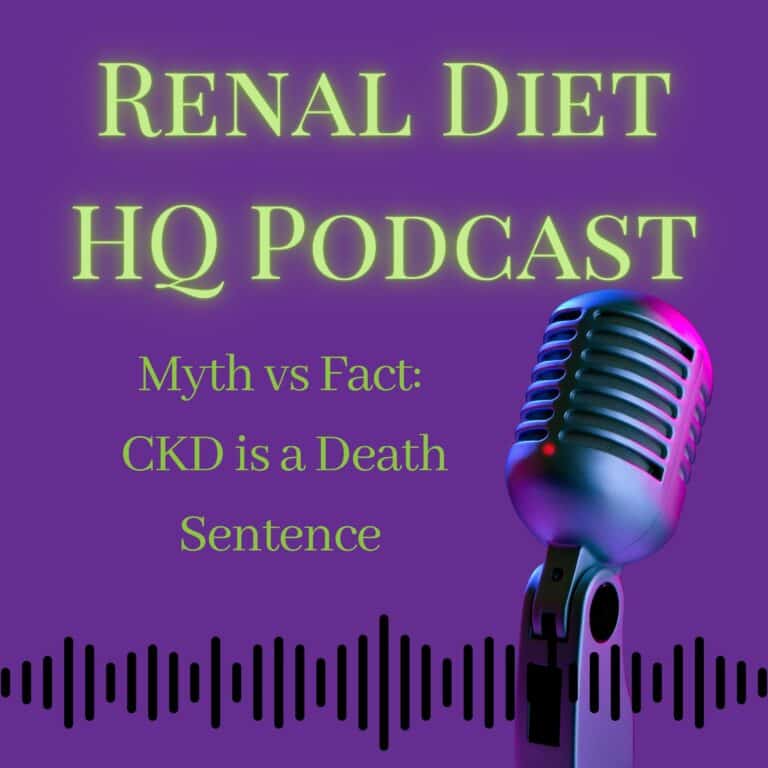Kidney Diet Care: The Low-Potassium Diet Decoded- Podcast
Podcast: Play in new window | Download

Managing potassium intake is crucial for individuals living with kidney disease. In this comprehensive guide, we'll explore the intricacies of a low potassium diet and provide valuable insights into maintaining optimal kidney health with the help of expert advice from renal dietitians.
For More Recipes and Ideas --->> Get Your Free Meals and Recipes That Are Perfect for Pre-Dialysis Diets, Pre-Dialysis with Diabetes, or Dialysis Diets.
Understanding Potassium in the Renal Diet
Potassium is a vital mineral that plays a crucial role in nerve and muscle function. However, for those with kidney disease, the body's ability to regulate potassium levels is impaired. This imbalance can lead to serious complications, making it essential to carefully monitor potassium intake.
Benefits and Risks of Potassium-Rich Foods
While potassium-rich foods offer numerous health benefits, they can pose risks for individuals with kidney disease. Excess potassium can lead to hyperkalemia, a condition characterized by dangerously high potassium levels in the blood. Therefore, it's important to strike a balance between enjoying the benefits of potassium and avoiding its potential hazards.
Managing Potassium Intake
To manage potassium intake effectively, it's essential to monitor blood potassium levels regularly. Renal dietitians recommend adhering to a low-potassium renal diet, which involves limiting high-potassium foods and incorporating low-potassium alternatives into meals. By following these dietary guidelines, individuals can maintain safe potassium levels and support overall kidney health.
Strategies for Reducing Potassium in Foods
One effective strategy for reducing potassium in foods is leaching, a cooking method that involves soaking and boiling vegetables to draw out potassium content. Additionally, reading food labels and practicing portion control are essential habits for managing potassium intake. By being mindful of potassium-rich ingredients and making informed food choices, individuals can maintain a balanced renal diet.
Dining Out with Kidney Disease
Navigating restaurant menus can be challenging for individuals with kidney disease, but with proper planning and communication, it's possible to make low-potassium choices while dining out. By asking for nutrition information, requesting menu modifications, and selecting kidney-friendly options, individuals can enjoy meals outside the home without compromising their renal diet.
Managing potassium intake is an integral aspect of maintaining kidney health for individuals living with kidney disease. By working closely with healthcare professionals and adhering to dietary guidelines, individuals can effectively manage their potassium levels and support overall well-being. With proactive management and awareness, navigating a low potassium diet can be empowering and rewarding.







